Time management in real life
- четверг, 31 января 2019 г. в 00:13:08
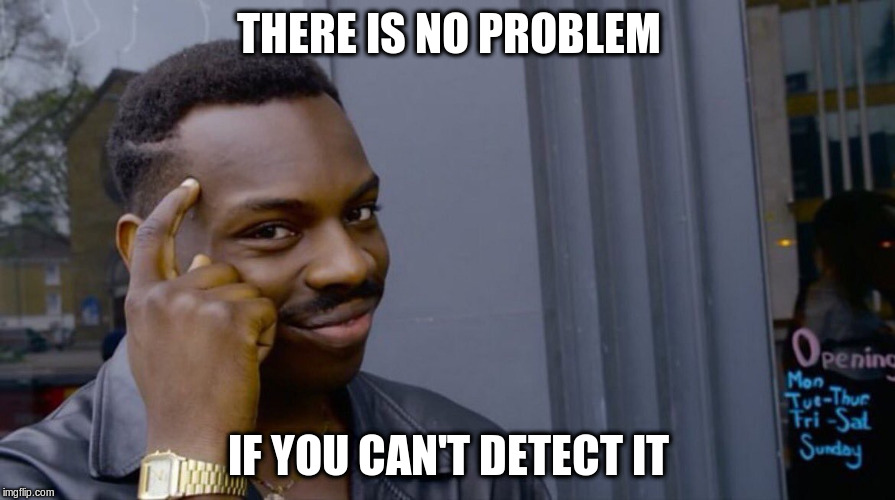
Have you ever noticed that you were busy all day, however, you've done nothing or at X-mas evening you experience an epiphany that nothing was done during the year? If your answer is "yes", you should improve your time management skills. According to Wikipedia, time management is the process of planning and exercising conscious control of time spent on specific activities, especially to increase effectiveness, efficiency and productivity. Nevertheless, how can we deal with it?
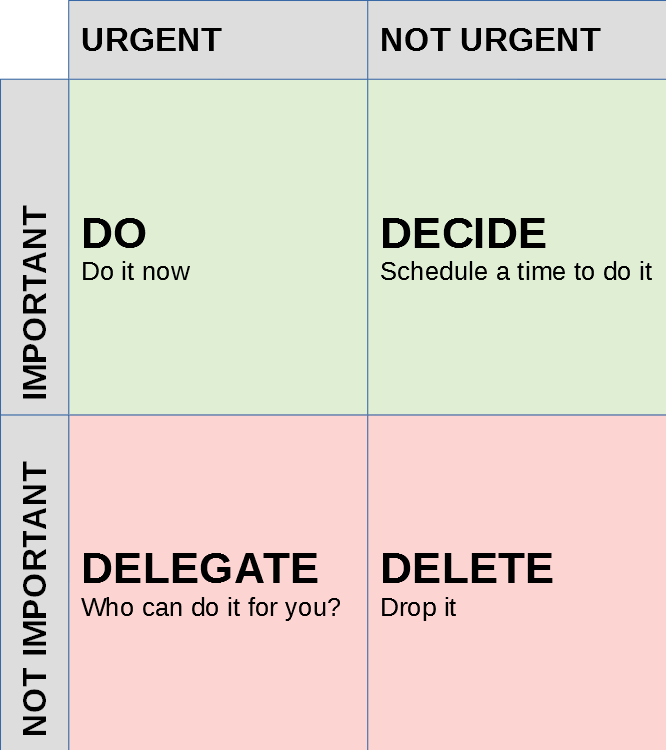
You should divide all your tasks urgent/not urgent & important/not important. Let's look at some examples:

The Pareto principle (also known as the 80/20 rule, the law of the vital few, or the principle of factor sparsity) states that, for many events, roughly 80% of the effects come from 20% of the causes. I.e. you shouldn't spend 10 000 hours on learning how to cycle. However, it works only for soft-skills. It means that you are a professional cyclist you must cycling.
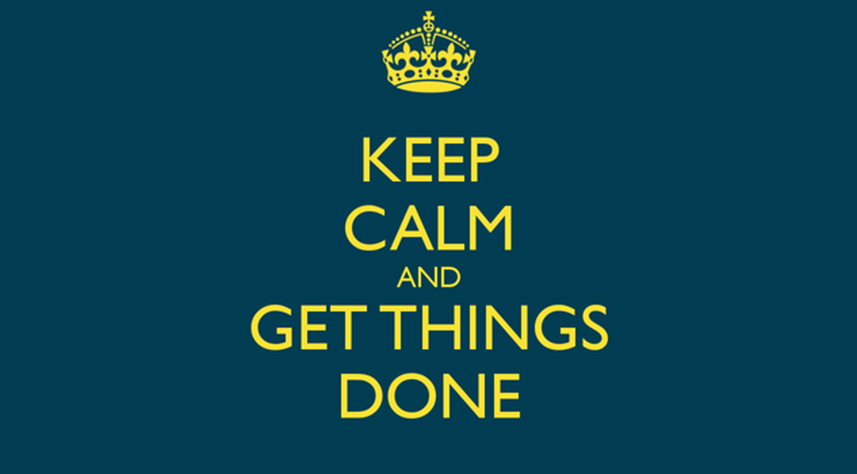
Getting Things Done is a time management method, described in the book of the same title by productivity consultant David Allen. The method is often referred to as GTD. The main idea of the method is moving planned tasks and projects out of your mind by recording them externally and then breaking them into actionable work items. It means that you have to create different contexts for different tasks, it helps you to reduce context switching. As a result, you are more efficient.
Kaizen (改善) is the Japanese word for "improvement". It is continues improvement philosophy. From my point of view, it means that we should create a short feedback loop and continuously improve all our processes.
Your goals should be SMART:

On one hand, it sounds great, but on the other hand, it means nothing without examples. So, I'd like to share some examples from my life. How all that things have helped me to:
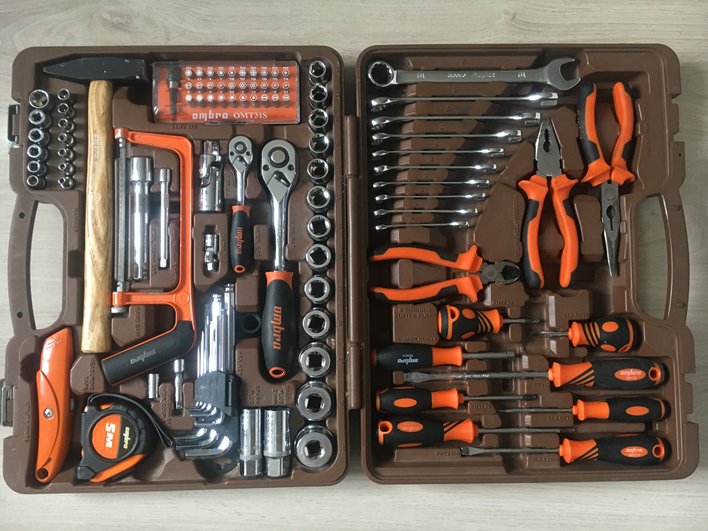
I'd like to share some of my tools. One of the most important tools is task tracker. I use trello because it is free. However, there are a lot of different ways for that:
I use calendar.google.com, I sync it with trello, English learning platforms, my wife, etc…
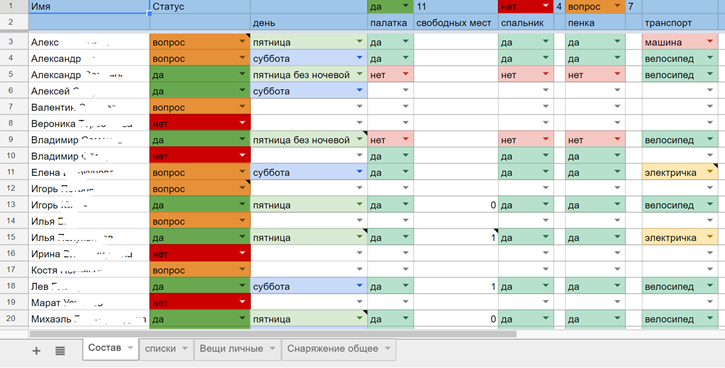
I use Google docs for
